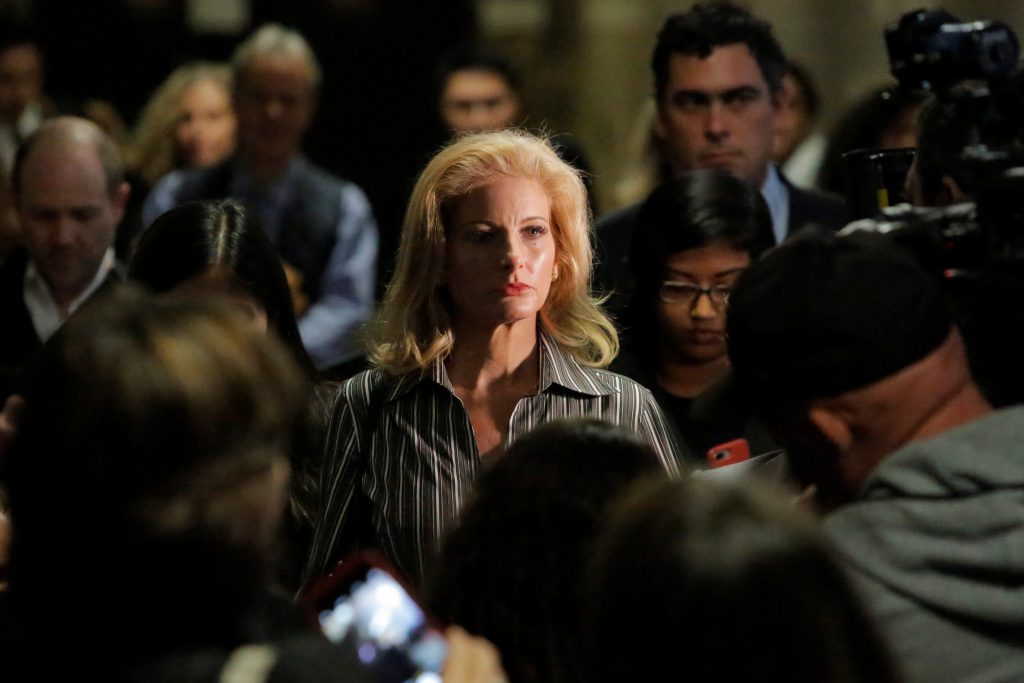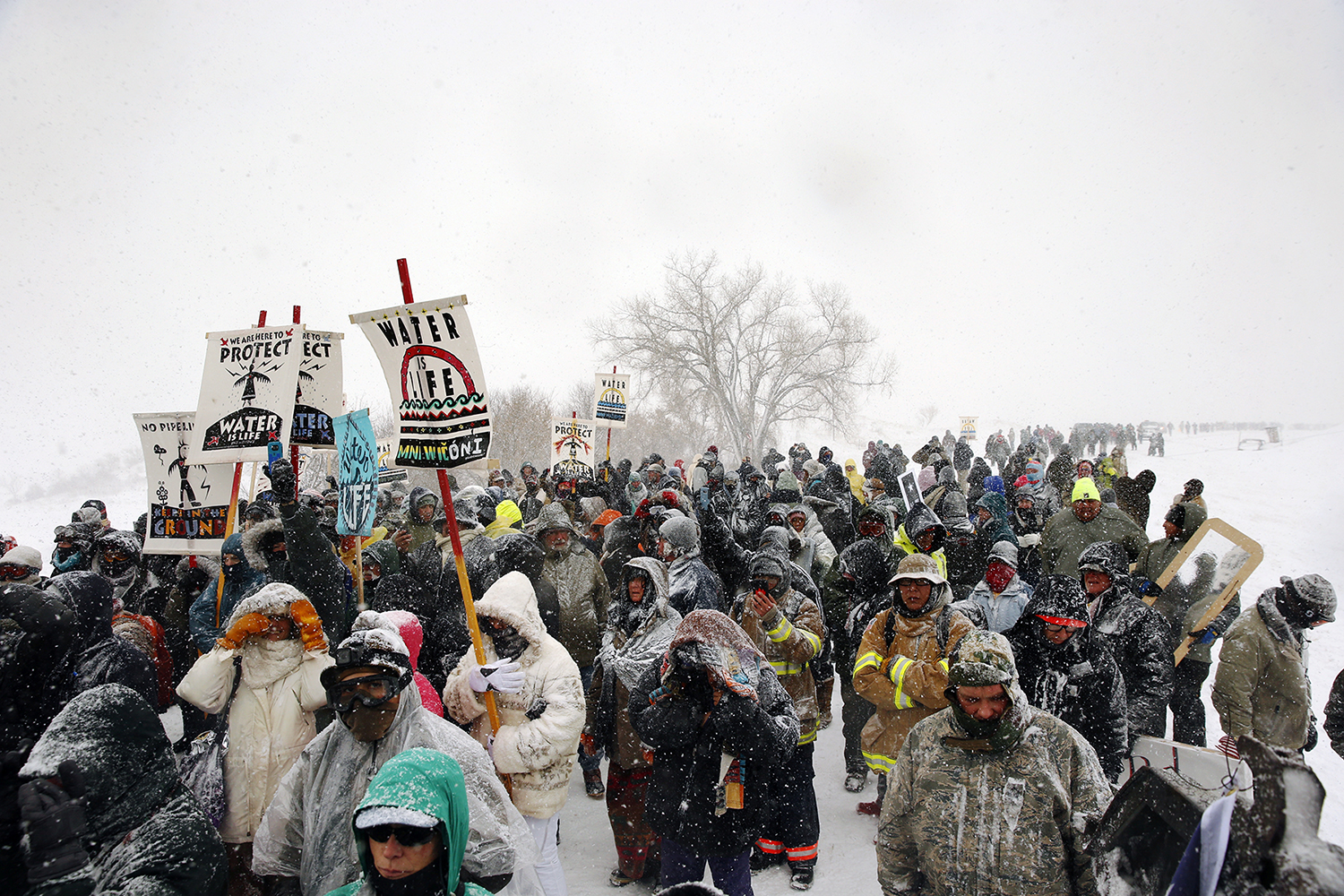A New York appellate court has rejected President Trump’s attempt to block a defamation lawsuit brought by former Apprentice contestant Summer Zervos, ruling that suit can move forward while he is still president.
Zervos went public with her accusations of sexual assault that she said occurred in 2007 at the Beverly Hills Hotel. Trump publicly stated during his campaign that he never met Zervos at the hotel, and denied greeting her inappropriately. Zervos filed the defamation suit against Trump in January 2017 just days before his presidential inauguration.
In their motion to dismiss, Trump’s legal team had argued that a sitting president can’t be sued in state court because of the Supremacy Clause of the U.S. Constitution. But the appellate court disagreed, citing the Supreme Court decision Clinton v Jones that established that a sitting president can be sued in state courts over matters unrelated to their official duties.
The majority wrote:
“The current sitting President attempts to shield himself from consequences for his alleged unofficial misconduct by relying upon the constitutional protection of the Presidency. We reject defendant President Trump’s argument that the Supremacy Clause of the United States Constitution prevents a New York State court – and every other state court in the country – from exercising its authority under its state constitution. Instead, we find that the Supremacy Clause was never intended to deprive a state court of its authority to decide cases and controversies under the state’s constitution.”
The court later summarized:
“In short, the Supreme Court’s decision in Clinton v Jones clearly and unequivocally demonstrates that the Presidency and the President are indeed separable. Hence, the Court in Clinton v Jones effectively recognized that the President is presumptively subject to civil liability for conduct that had taken place in his private capacity.”
President Trump also claimed that his statements were protected under the First Amendment because they were made “during a national political campaign that involved heated public debate in political forums,” and that “[s]tatements made in that context are properly viewed by courts as part of the expected fiery rhetoric, hyperbole, and opinion that is squarely protected by the First Amendment.”
The court also rejected this claim, stating that while the average person would expect to hear “vigorous expressions of personal opinions” from a political candidate, Trump’s flat out denials about “provable, specific allegations” about his conduct couldn’t be construed as rhetoric or opinion.
Trump’s attorneys also tried to get the case dismissed under California’s anti-SLAPP law, which allows for the dismissal of meritless defamation suits if the purpose of the suit is to silence free speech around public issues. The appellate court rejected that claim as well, and upheld the lower court’s decision.
A lawyer for Trump says they plan to appeal the decision.
Tags



